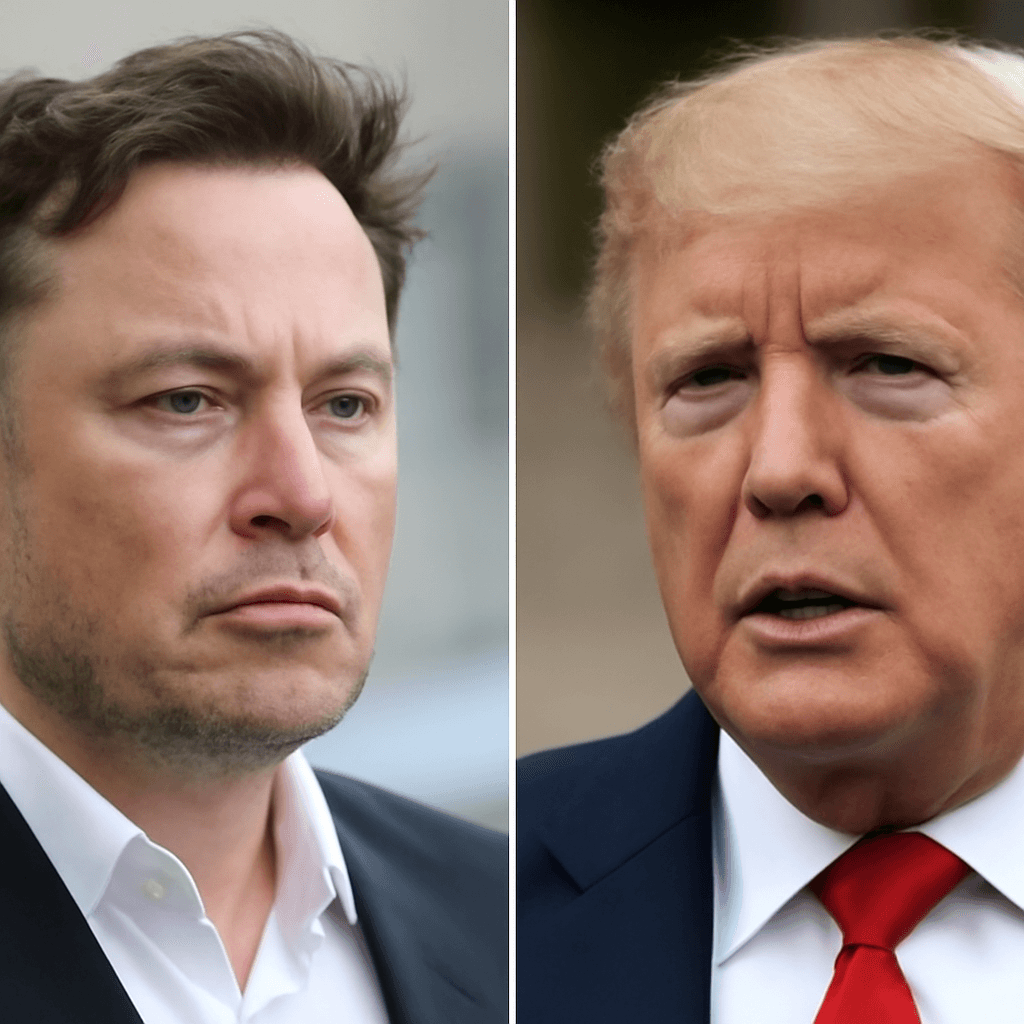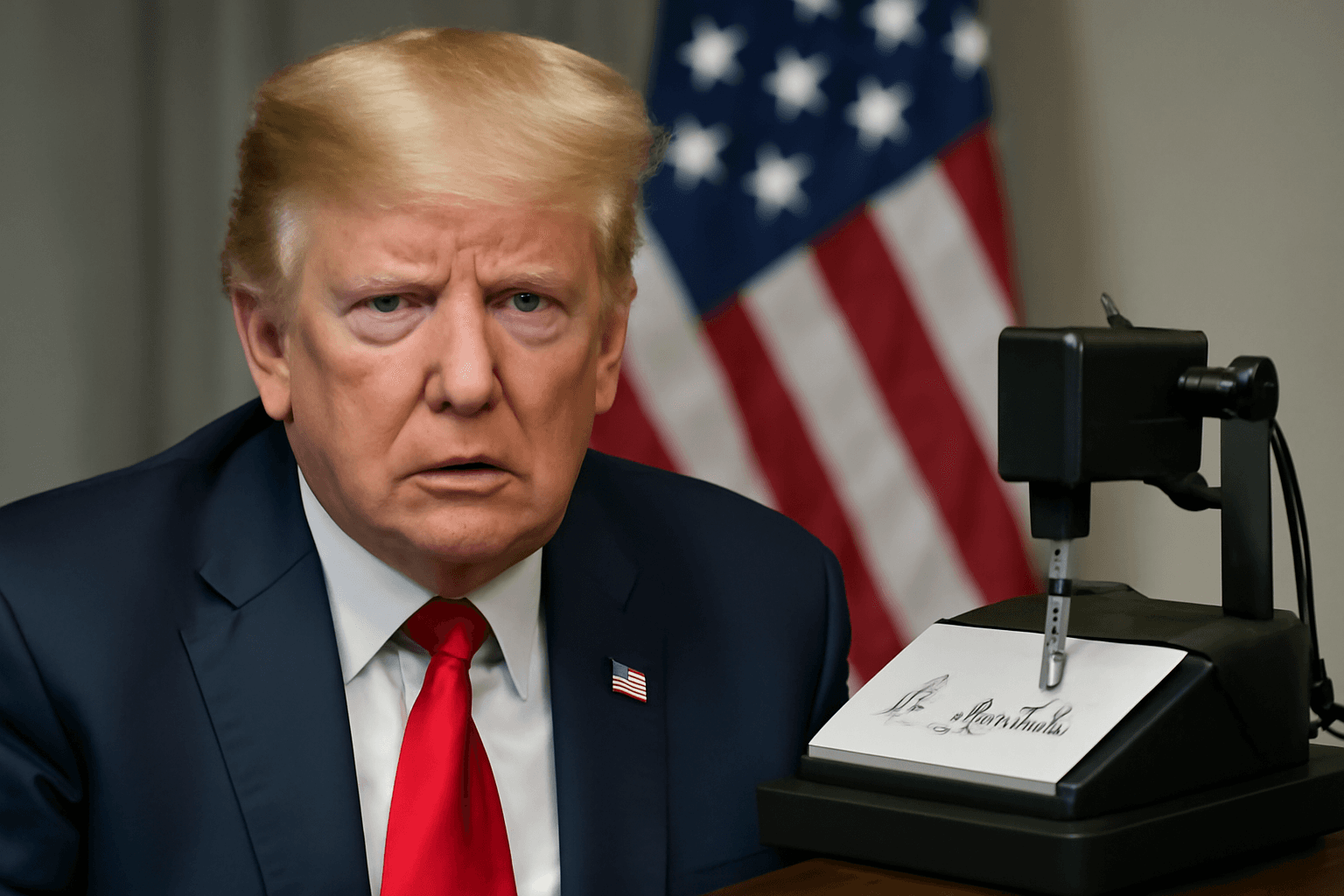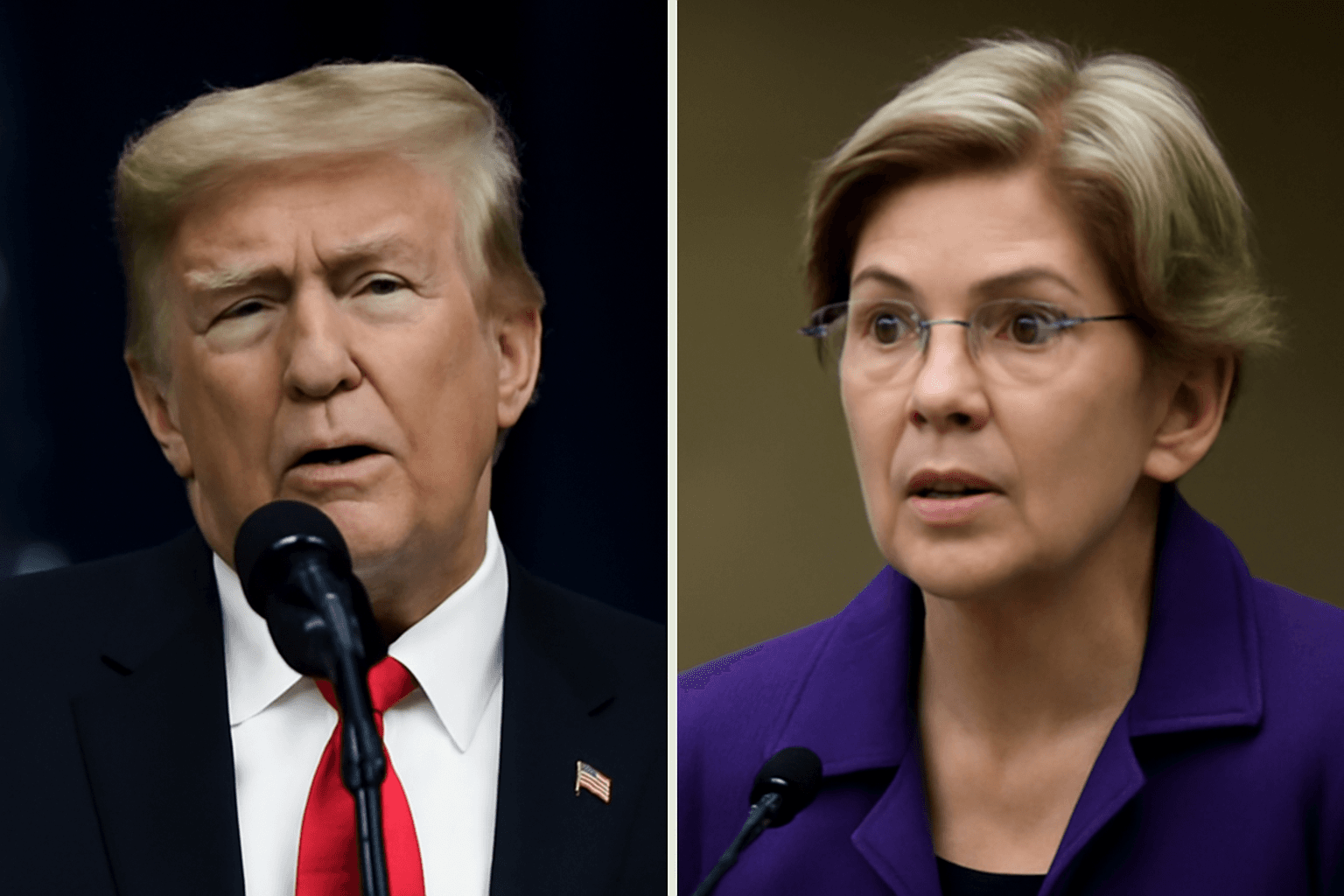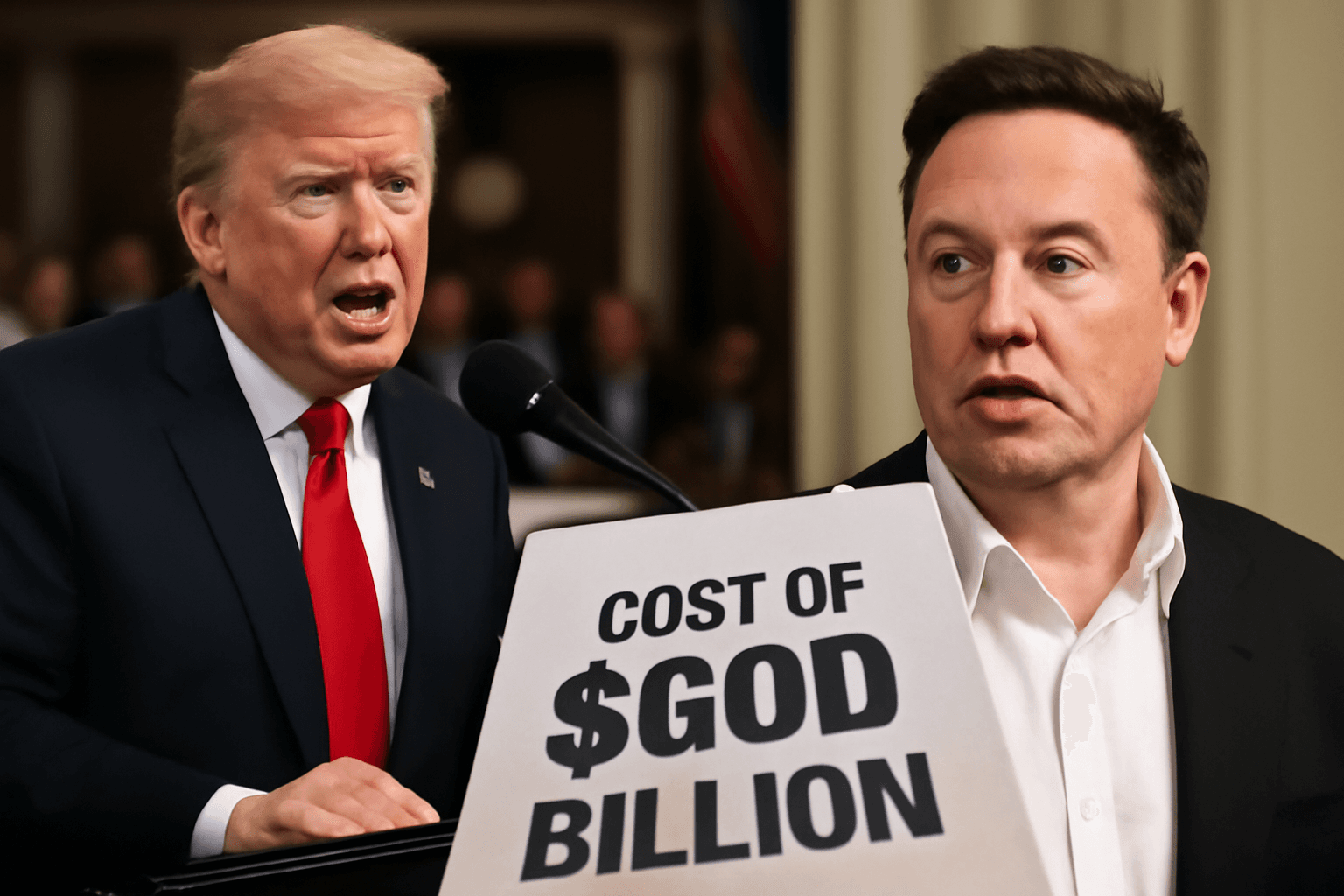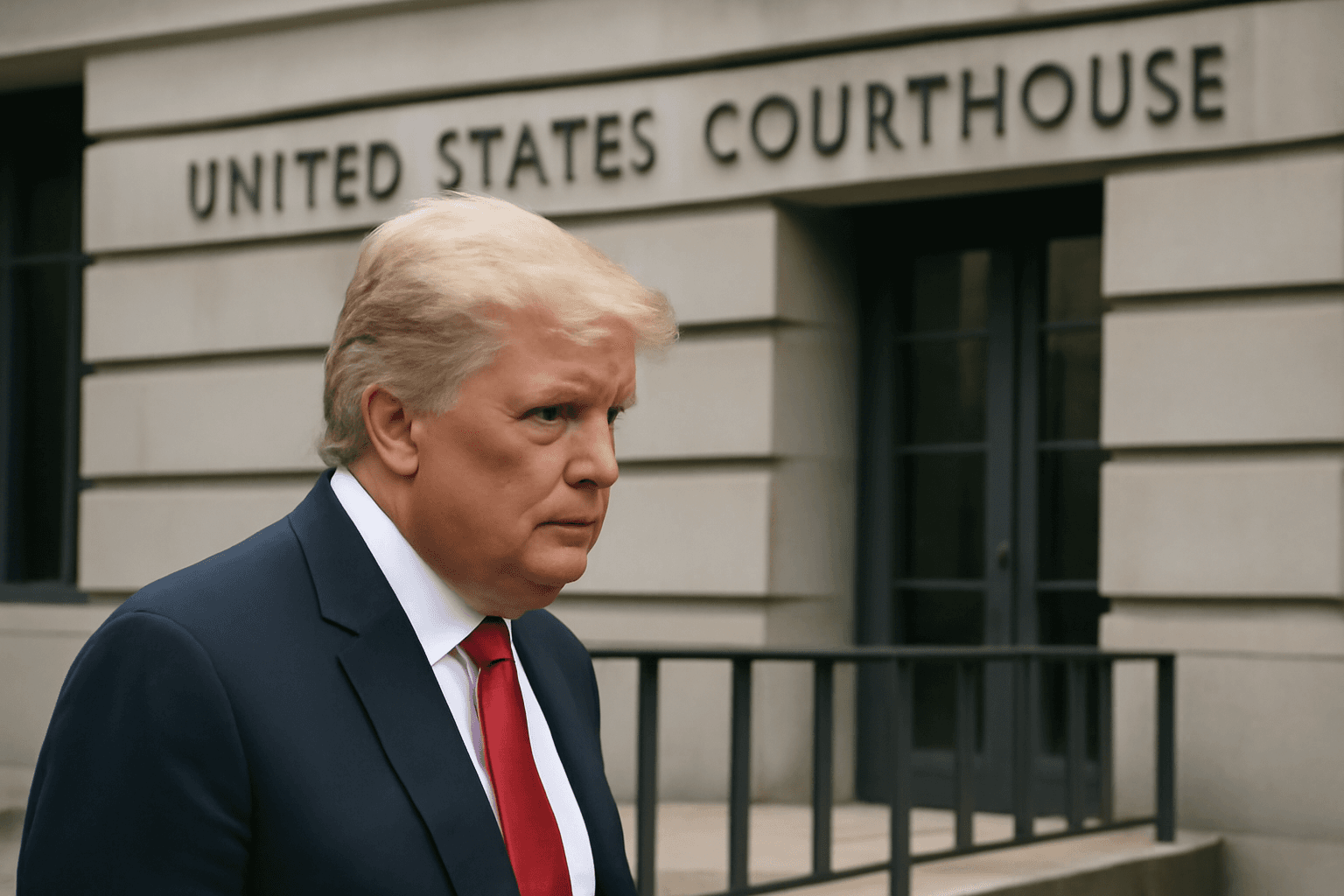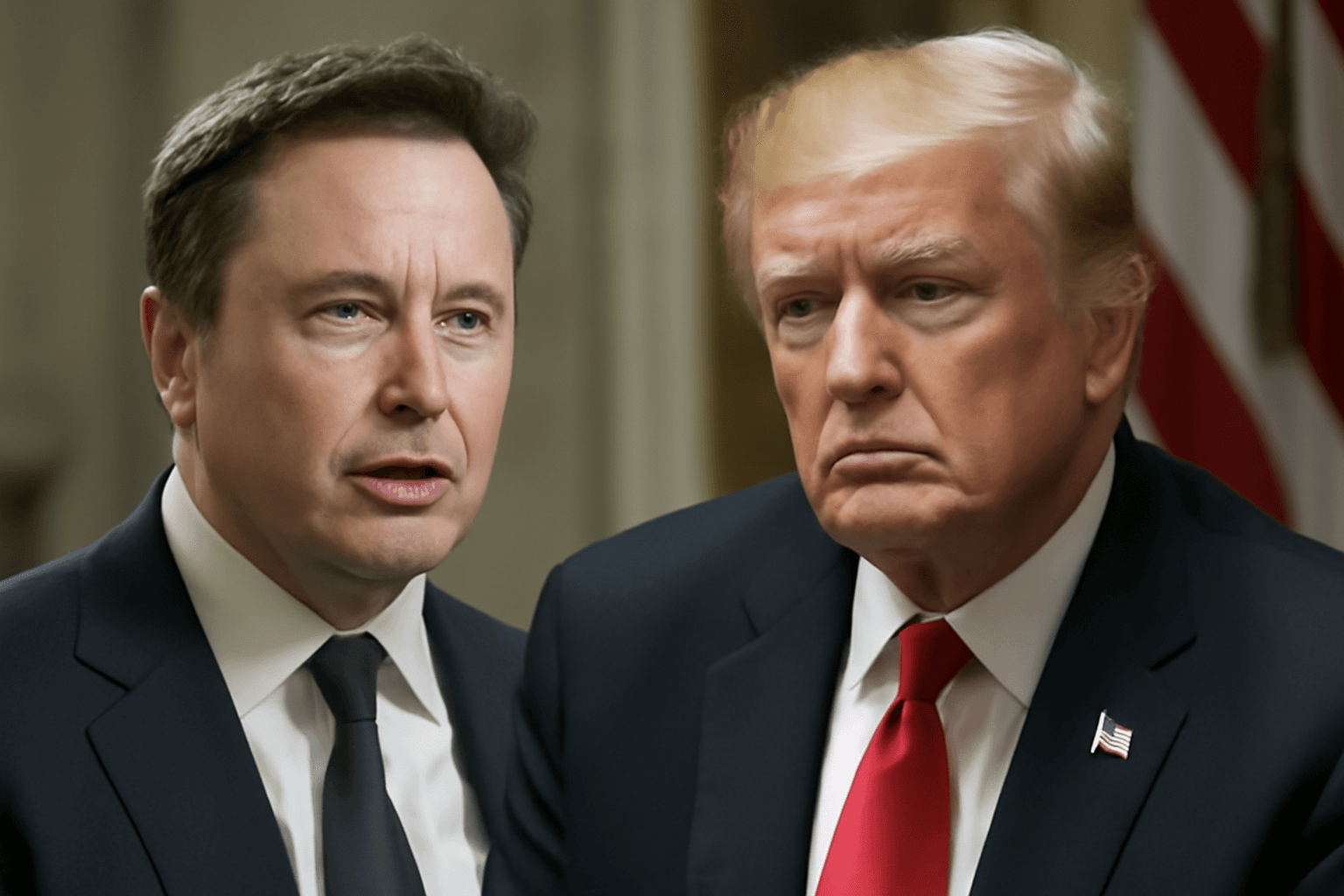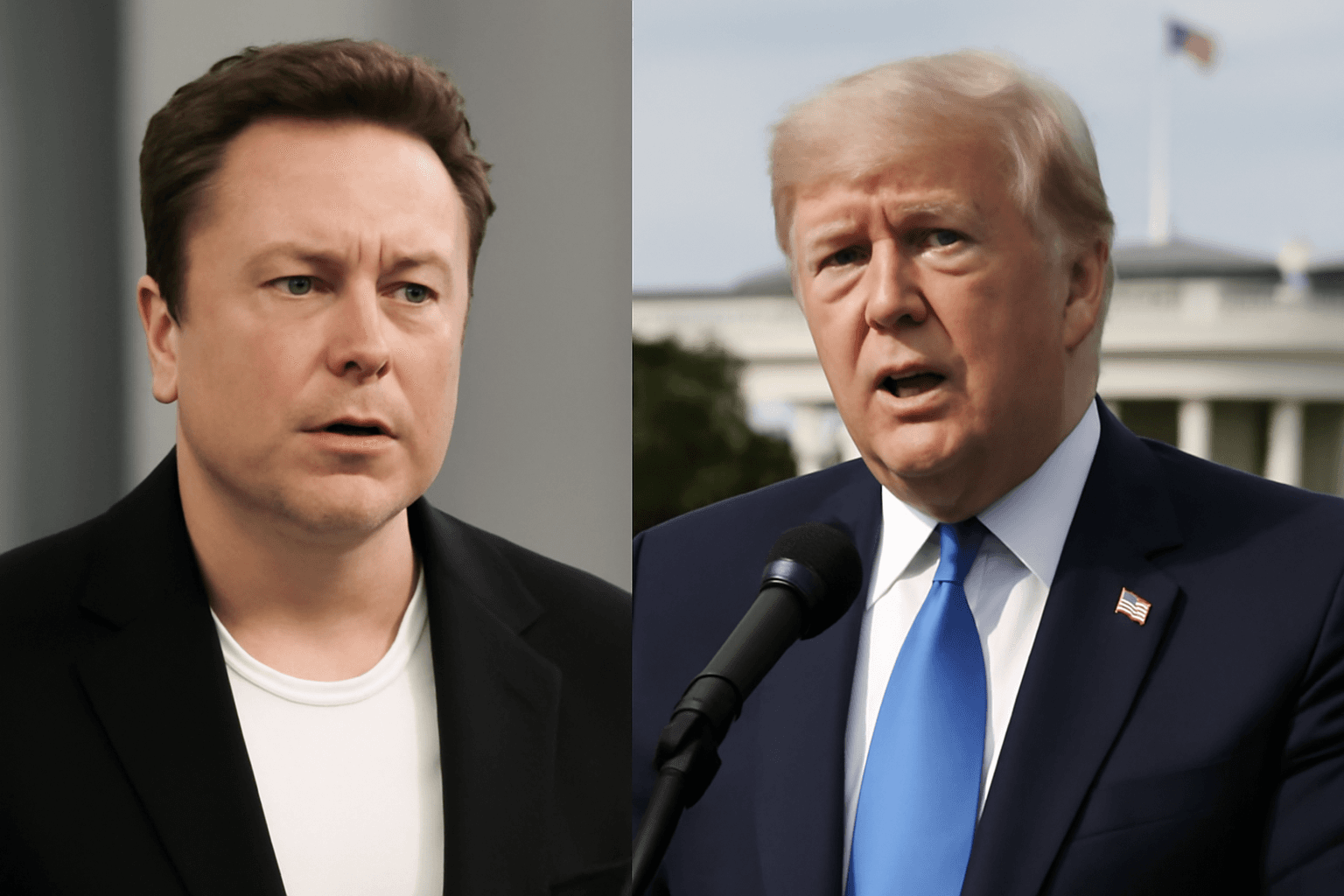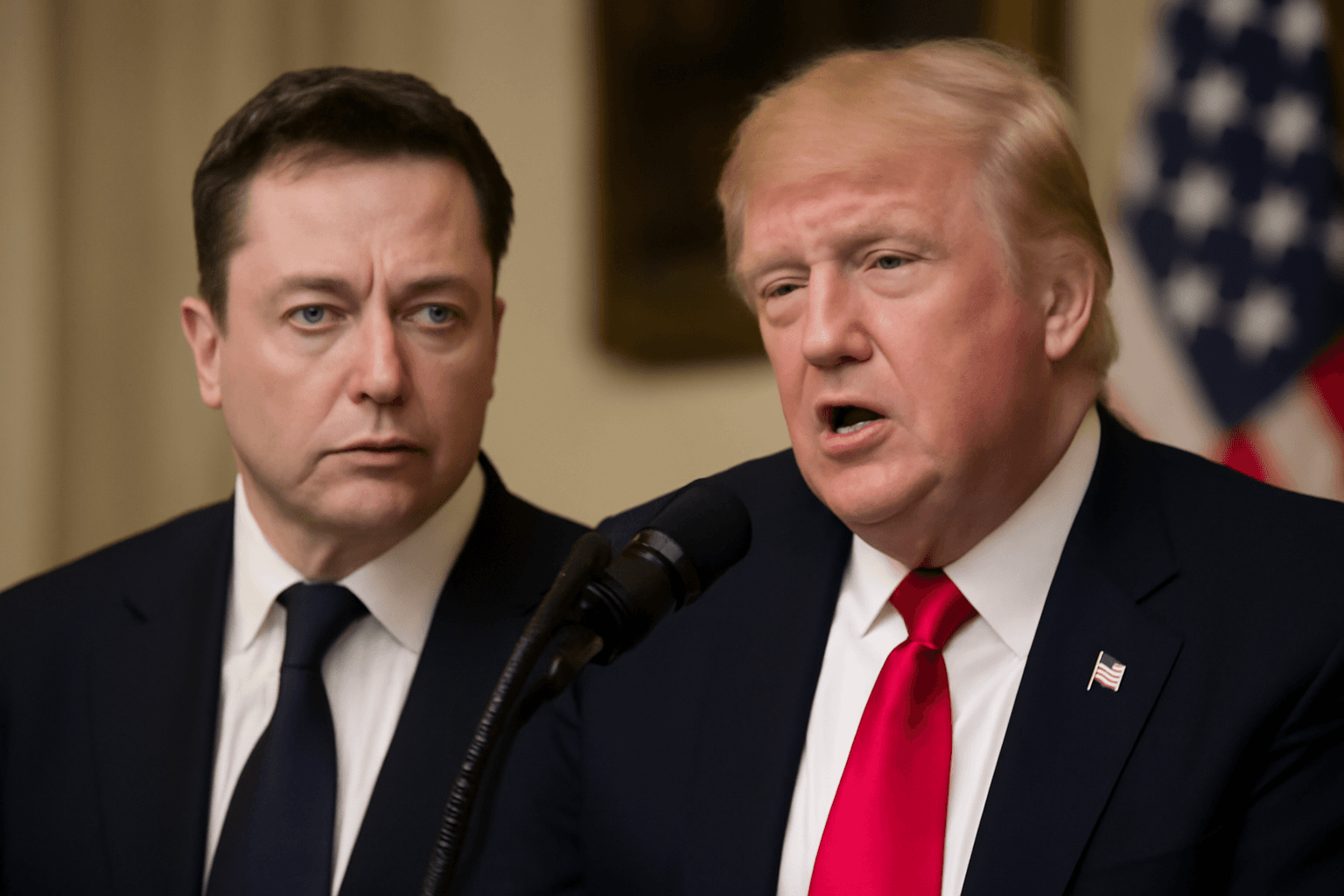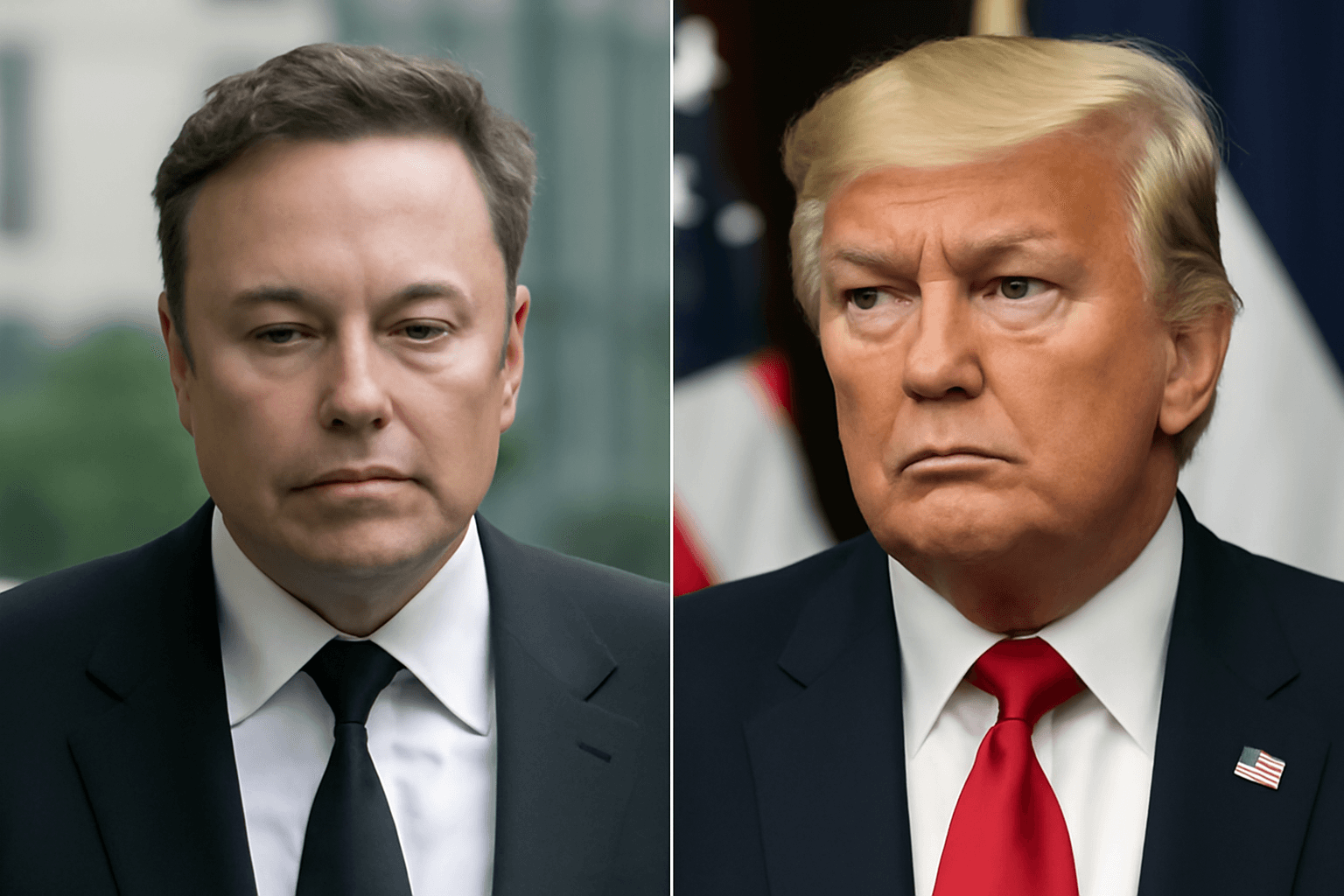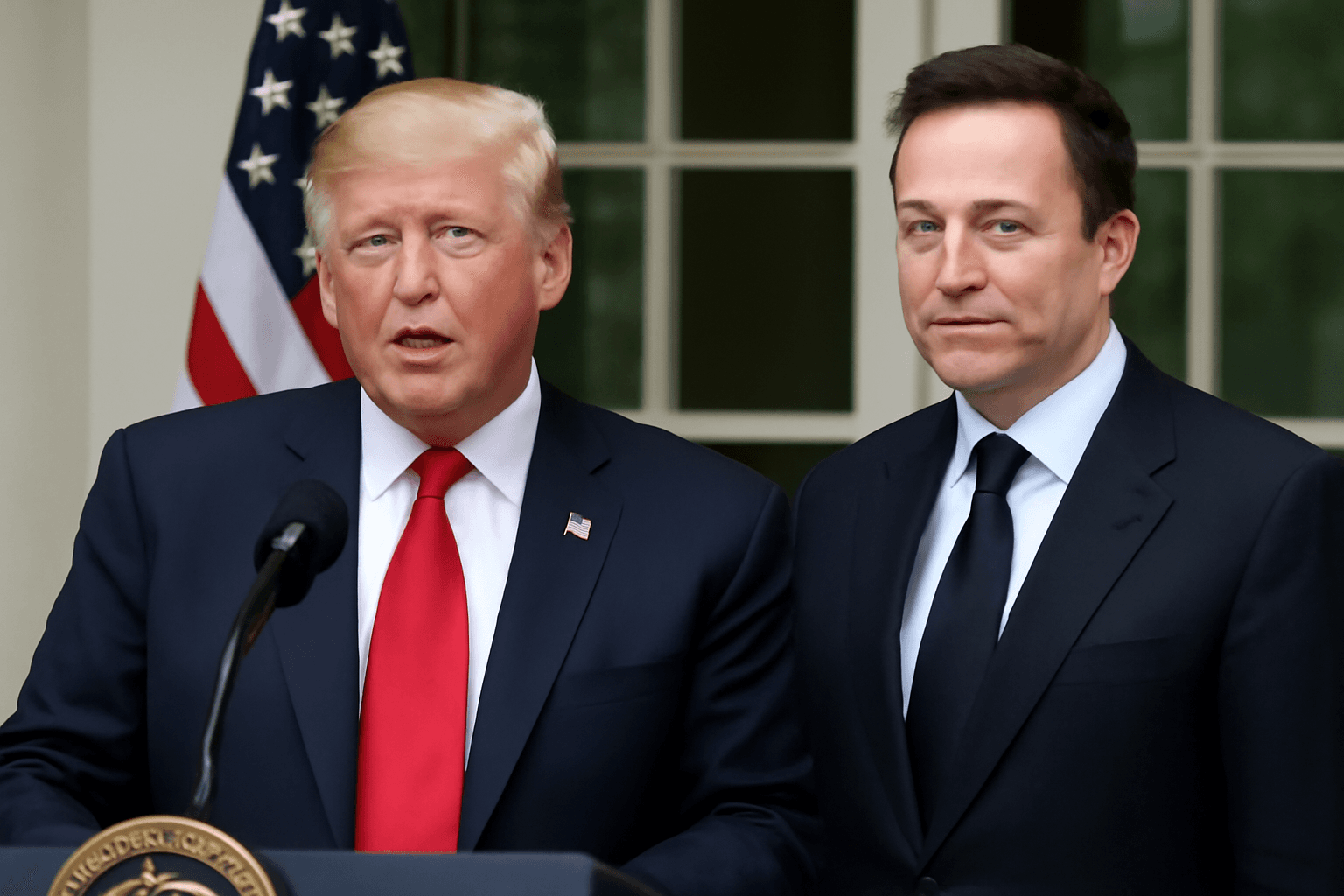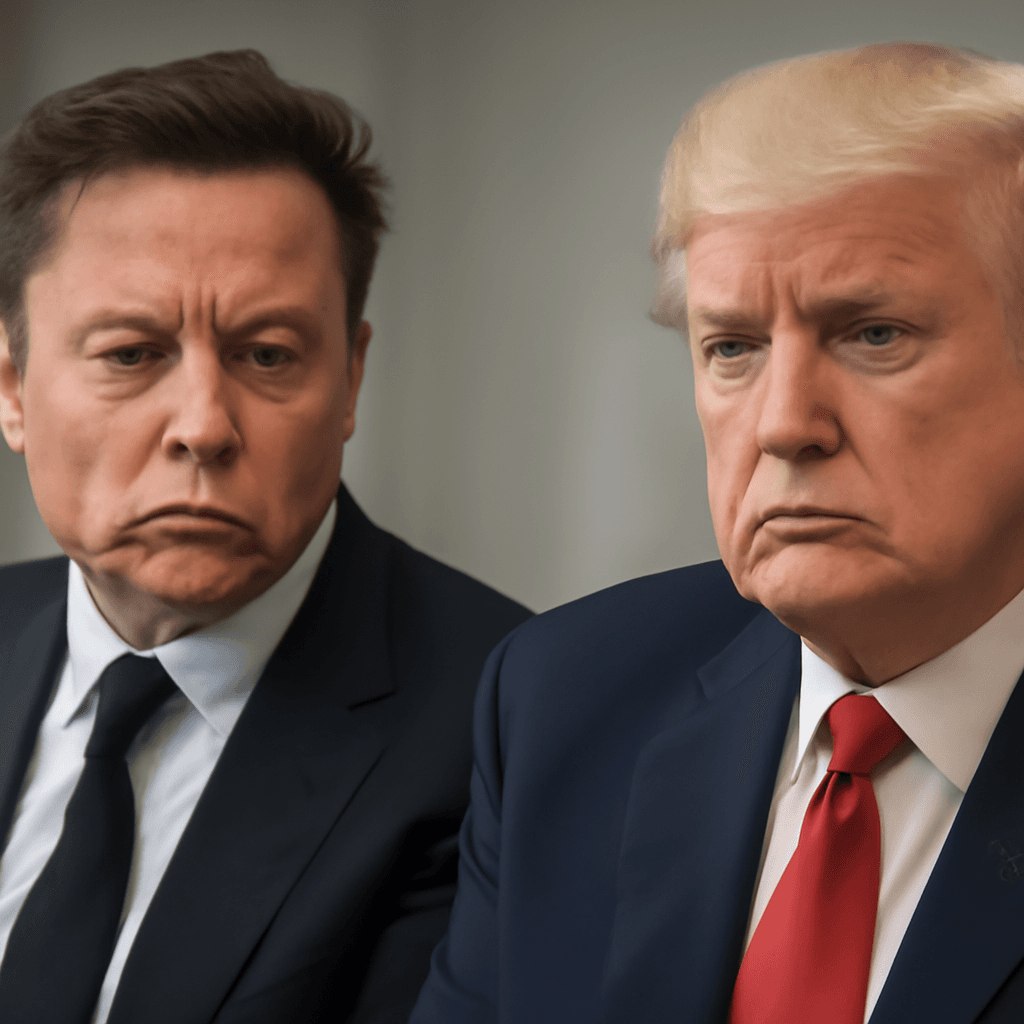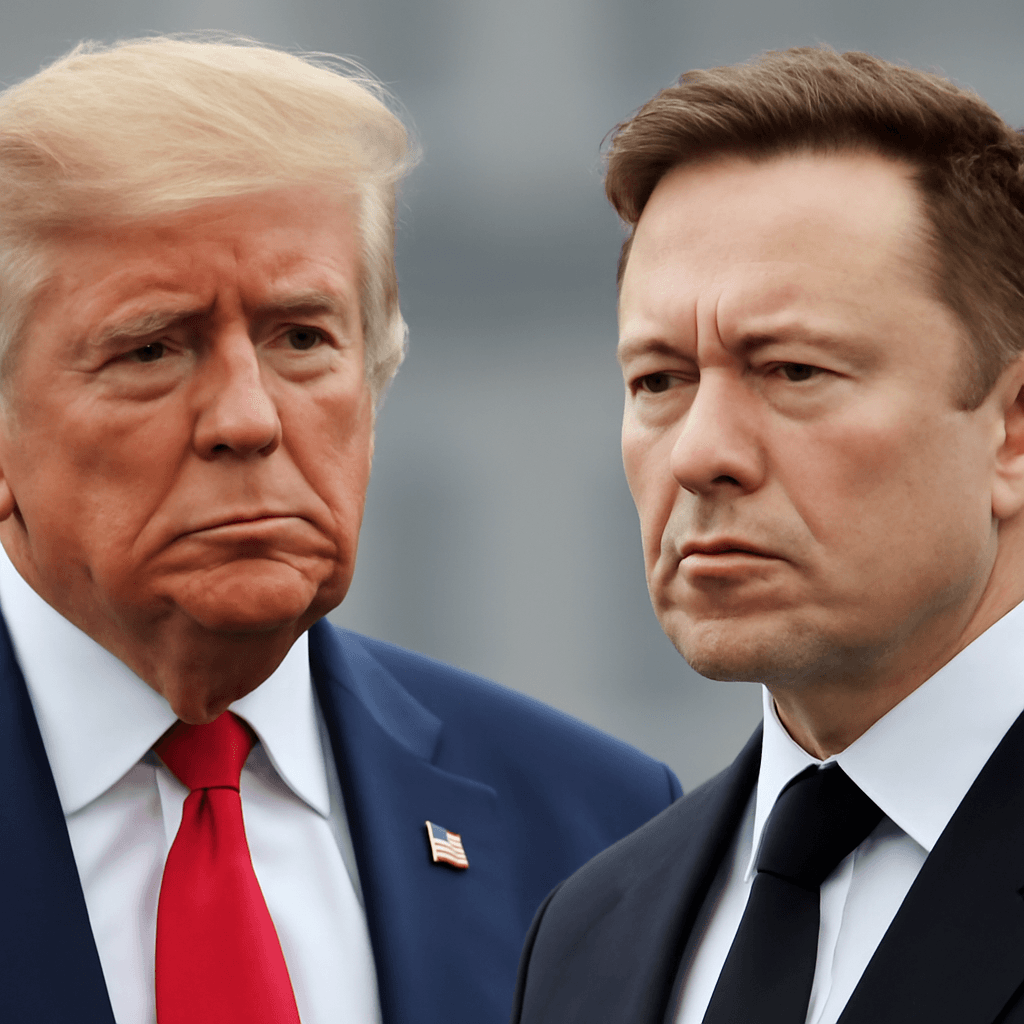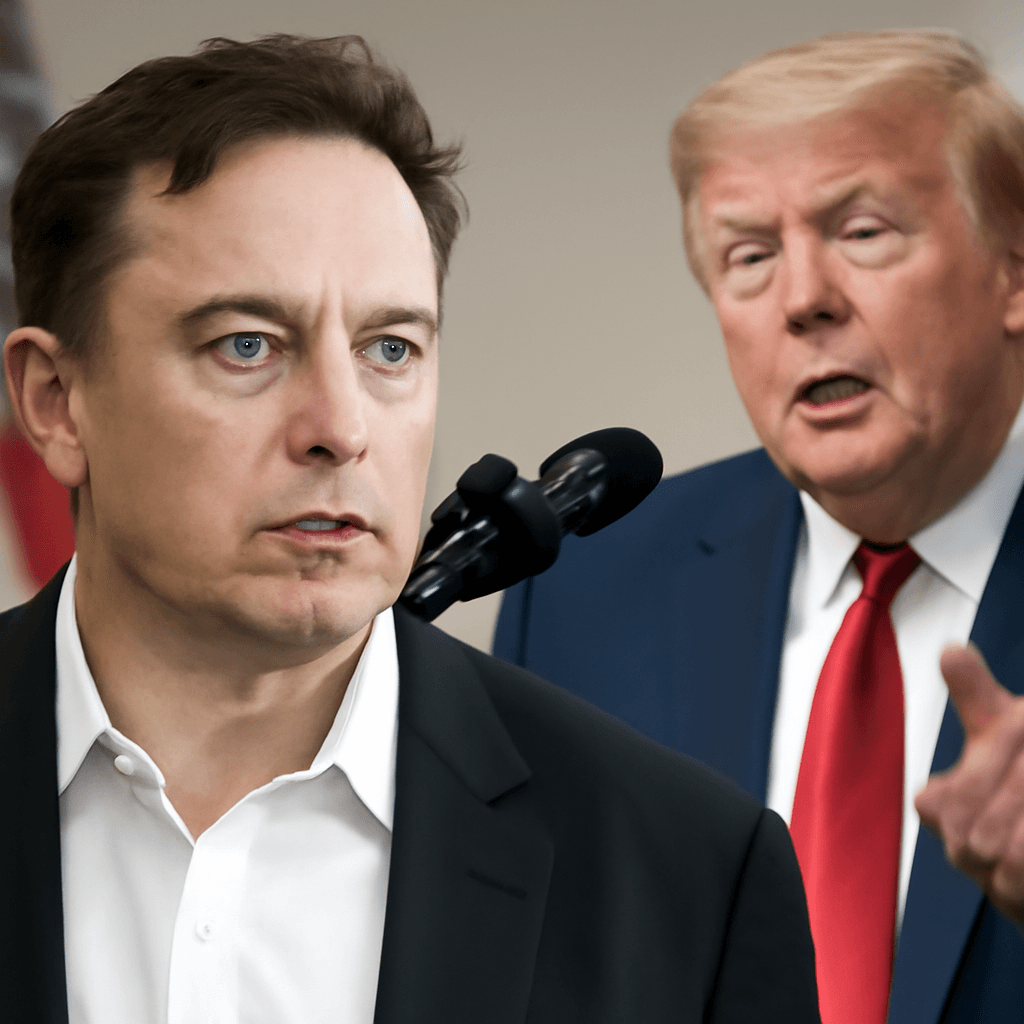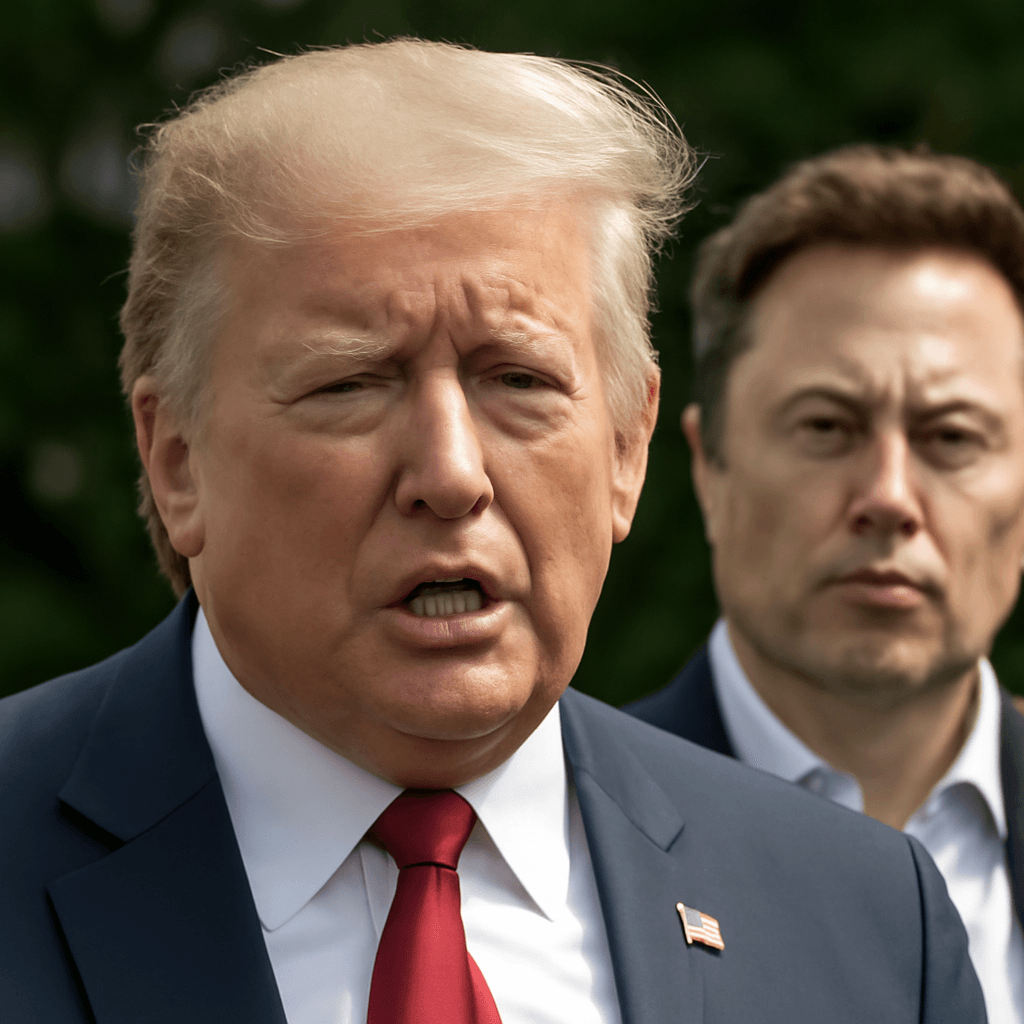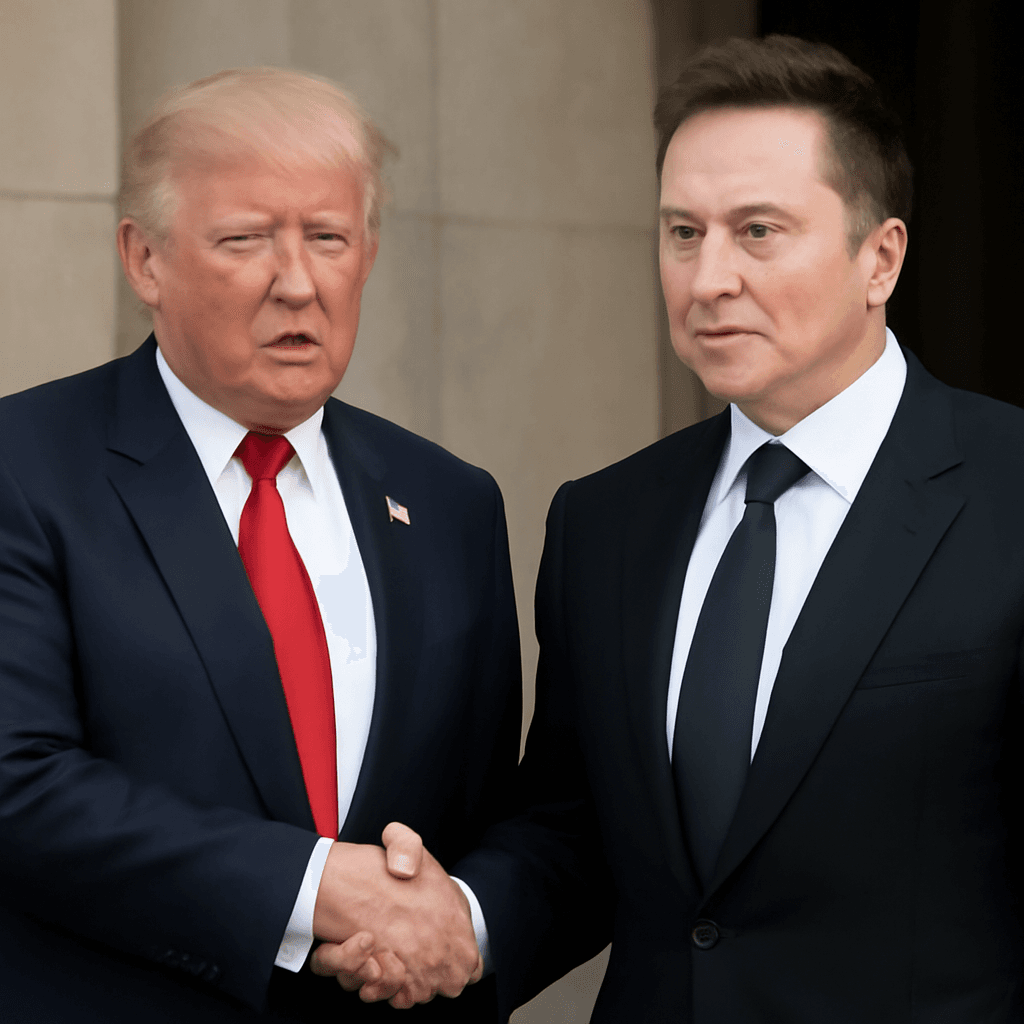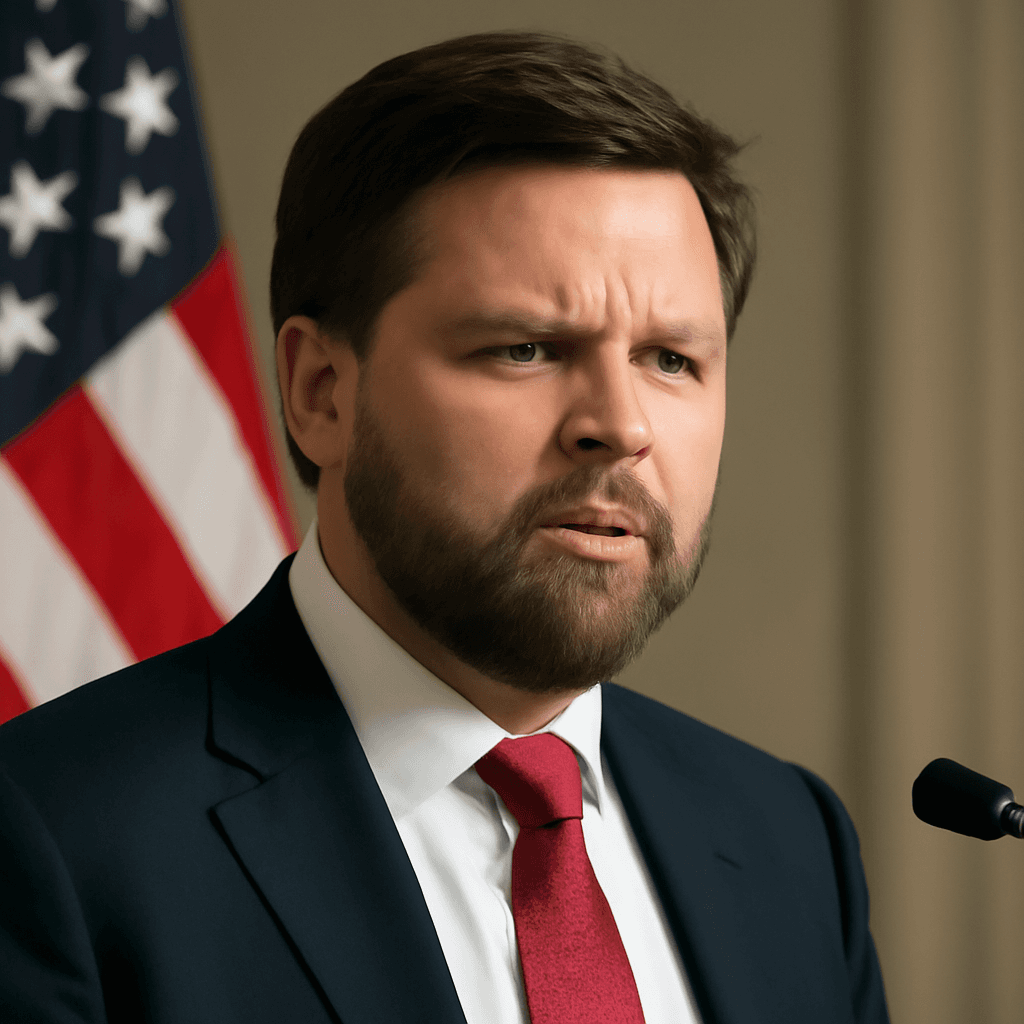Trump’s Latest Jab: Elon Musk and the Expanding ‘Derangement Syndrome’ Roster
In a surprising twist, former US President Donald Trump recently accused billionaire entrepreneur Elon Musk of suffering from what he calls "Trump Derangement Syndrome"—a term he’s used to describe critics consumed by opposition to him. This came mere days after Trump warmly welcomed Musk to the Oval Office, even presenting him with a golden key, a symbolic gift reserved for what Trump calls "very special people."
Trump’s recent comments highlight a growing divide. While Musk was once celebrated, the entrepreneur’s criticisms of Trump’s policies seem to have put him in the crosshairs alongside a growing list of former aides and party members who have voiced harsh critiques against the former president.
What Is ‘Trump Derangement Syndrome’?
Broadly defined, "Trump Derangement Syndrome" refers to an intense and irrational dislike of Donald Trump, leading individuals to abandon logic and reason due to their opposition. Originating as a late-night joke in the early 2000s when Trump first rose to public prominence, it has since become a term used by Trump and his supporters to dismiss criticisms.
The Growing List of High-Profile Critics
Over the years, a number of Trump’s closest advisors and allies have openly condemned his leadership style, often drawing sharp rebukes from the former president himself. Some of the most vocal critics include:
- John Kelly: The retired Marine general and former chief of staff who described Trump’s governance as fitting a fascist mold, and criticized his desire for unquestioned loyalty akin to that of Nazi generals.
- Mark Esper: Trump’s defense secretary for 18 months who revealed clashes over military use and shocked the public by noting Trump’s inquiry about shooting protestors during the 2020 unrest.
- Mark Milley: Chairman of the Joint Chiefs of Staff who publicly stated he would not swear allegiance to a "wannabe dictator," sparking controversy.
- James Mattis: Trump’s first defense secretary who condemned Trump’s divisive leadership and called for unity instead.
- Mike Pence: Former Vice President who has criticized Trump publicly, especially his remarks during foreign visits.
- Stephanie Grisham: Ex-White House press secretary who broke ranks to endorse Democratic candidates and revealed the president’s disparagement of his supporters behind closed doors.
Numerous other Republicans including Mitch McConnell, Susan Collins, Lisa Murkowski, and Rand Paul have also distanced themselves or criticized Trump, often facing rebukes labeled as symptoms of "Derangement Syndrome."
Trump’s Public Denouncement of Critics
Trump has not held back from publicly airing his grievances against his critics. He recently posted a message on his social media platform advising against recommending people associated with some prominent Republicans and officials, whom he accused of suffering from "Trump Derangement Syndrome." This list included figures like John Bolton, Nikki Haley, Mike Pence, Dick Cheney, and former defense secretaries such as James Mattis and Mark Esper.
Trump’s approach combines dismissive name-calling with accusations of disloyalty, underscoring the deep rifts within the Republican Party and his inner circle.
Elon Musk’s Unexpected Entry
Musk’s vocal opposition to parts of the Republican agenda, and implicit critiques of Trump, have landed him on this list. This marks a notable moment, as the billionaire was previously celebrated by Trump, illustrating how political alliances can shift swiftly.
Unprecedented Internal Opposition
The scale of criticism coming from within Trump’s own ranks is unprecedented in American political history. Former senior officials and close allies have not only openly challenged Trump but have also framed their objections as necessary for the country’s integrity.
As the political landscape evolves, such public dissent highlights the turbulent aftermath of Trump’s presidency, hinting at ongoing conflicts ahead within the GOP and American politics at large.

